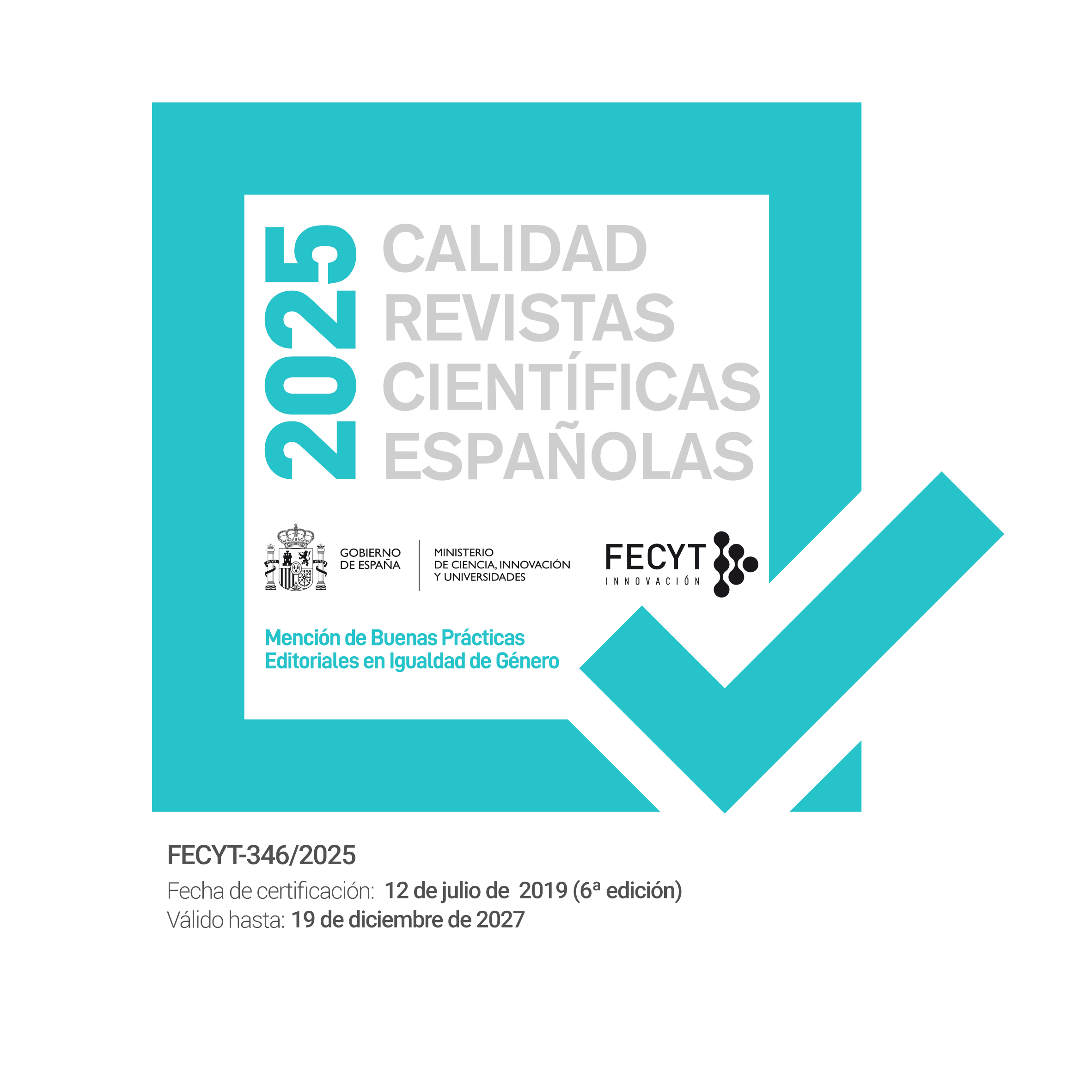Against the “average voter”. Indications of social inequality and political capital from electoral abstention and voting structure in Madrid and Barcelona from the level of neighborhoods
Keywords:
elections, neighborhoods, abstention, voting structure, Madrid, Barcelona, Bourdieu, HalbwachsAbstract
In this article, we propose to defend a specific position face of polls analysis, this has the presumption of “equalprobability” of political choices for all voters, as well as underestimation of abstention. Also, another common problem, this more mediatic, appears in the cartographic representations of the electoral results, where a whole neighborhood or, worse, a district, becomes blue or red depending on the “winning horse.” For these, and other reasons, we propose the need to deepen in another type of approach, which takes into account a more political-sociological sensitivity. To do this, we will use the sociological tools of authors such as Halbwachs or Bourdieu, which will allow us to problematize the dominated “common analysis” from polls analysis. Our perspective is built from the results of the real vote produced in the elections through the territorial level “neighborhood”, administrative category and statistical level. This work, more suggestive than conclusive, invites us to continue to deepen the construction of another model to approach us in a more reflexive and critical way to social reality.
Downloads
Downloads
Published
How to Cite
Issue
Section
License
Los autores/as conservan los derechos de autor y ceden a la revista el derecho de la primera publicación, con el trabajo registrado con la licencia de atribución de Creative Commons Reconocimiento-NoComercial (CC-BY 4.0), que permite a terceros utilizar lo publicado siempre que mencionen la autoría del trabajo y a la primera publicación en esta revista. Encrucijadas permite y se anima a todas las personas autoras a depositar la versión final publicada en repositorios institucionales o temáticos de acceso abierto, cumpliendo en caso necesario los términos establecidos por la entidad financiadora de la investigación.





